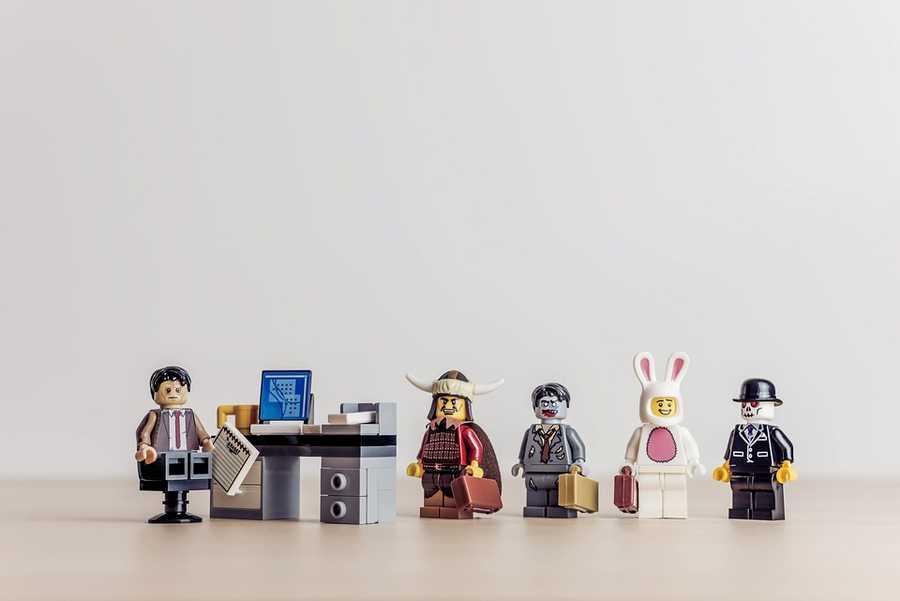The Five Personality Types You Have To Work With
Curated from: fastcompany.com
Ideas, facts & insights covering these topics:
6 ideas
·4.86K reads
44
Explore the World's Best Ideas
Join today and uncover 100+ curated journeys from 50+ topics. Unlock access to our mobile app with extensive features.
The big 5 personality characteristics
- Extroversion
- Agreebleness
- Conscientiousness
- Openness to experience
- Emotional stability
These traits reflect the most prominent ways that people differ from each other. To become better at understanding the people around you, start with these five dimensions.
373
1.3K reads
Extroversion
It reflects the degree to which people like to be the center of attention in social situations.
Extroverts want that spotlight shown on them, while introverts shun the spotlight (though they typically have many friends and like engaging in smaller interactions).
240
779 reads
Agreeableness
It reflects how much people want others to like them and have difficulty delivering bad news, giving criticism, and standing up for themselves to others.
People with agreeable personalities really want others to like them, while disagreeable people do not necessarily care whether others like them.
233
695 reads
Conscientiousness
Conscientious people are driven to complete the tasks they start and to follow rules.
It is easy to undervalue the people low in conscientiousness, because they need a lot of supervision. However, those low in conscientiousness may try creative solutions to problems, because they do not feel the need to follow rules.
242
640 reads
Openness to experience
Openness reflects people’s willingness to consider new ideas.
People who are open will try new ideas on for size, while those closed to experience will typically reject new ideas just because they are new.
241
643 reads
Emotional stability
Emotionally stable individuals are stoic. They are unfazed by circumstances. Emotionally unstable individuals experience significant highs and lows in their lives. This instability can cause difficulties in the workplace when people get angry or upset at others.
270
803 reads
IDEAS CURATED BY
Smoky Joe's ideas are part of this journey:
Learn more about personaldevelopment with this collection
How to avoid email overload
How to organize your inbox
How to write effective emails
Related collections
Similar ideas
Read & Learn
20x Faster
without
deepstash
with
deepstash
with
deepstash
Personalized microlearning
—
100+ Learning Journeys
—
Access to 200,000+ ideas
—
Access to the mobile app
—
Unlimited idea saving
—
—
Unlimited history
—
—
Unlimited listening to ideas
—
—
Downloading & offline access
—
—
Supercharge your mind with one idea per day
Enter your email and spend 1 minute every day to learn something new.
I agree to receive email updates

